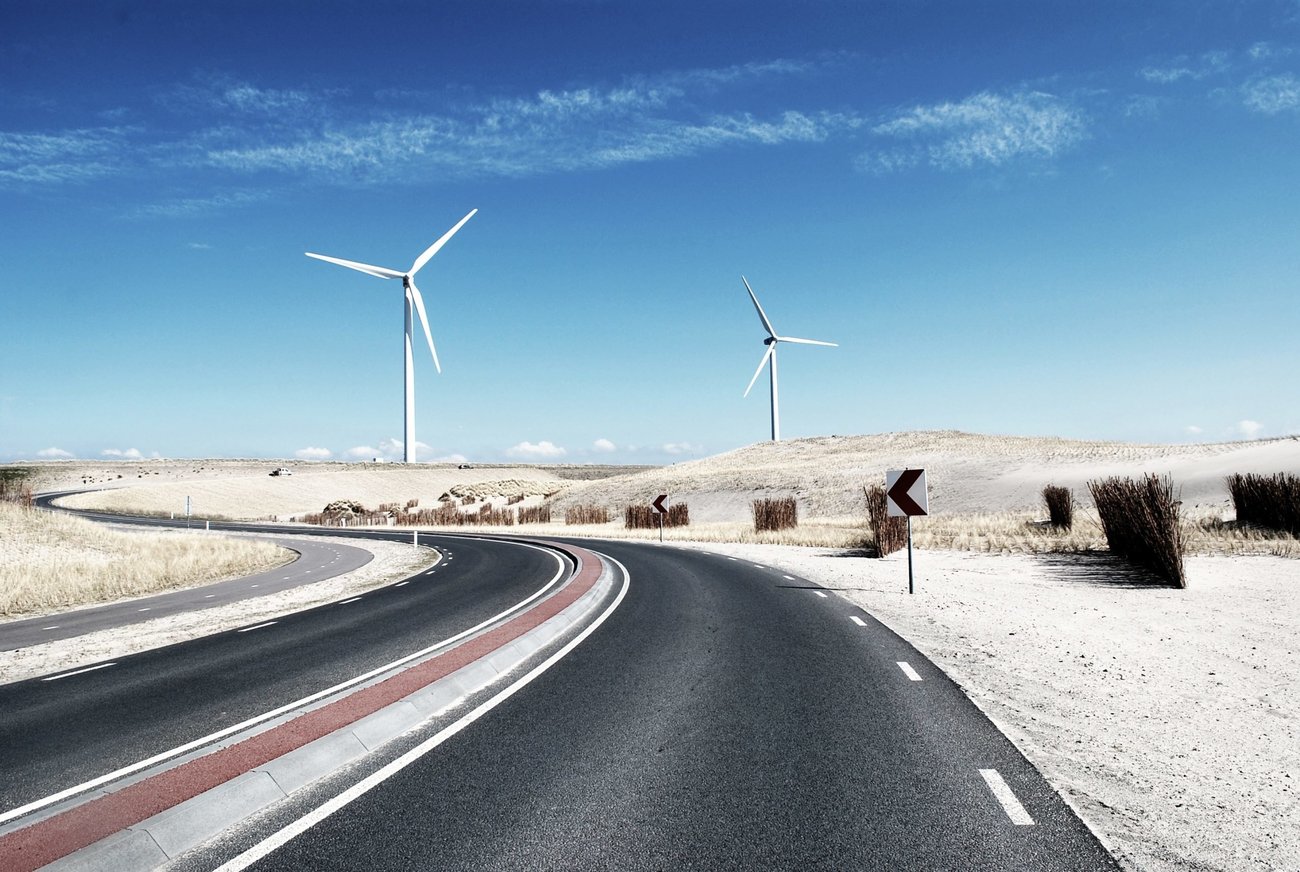‘Trends should be a verb, not a noun’: Dave Wild on innovation, young people, and optimism

Agility, augmentation, social, diversity.
Four words, four different meanings. But they’re all linked: they’re the four things that are needed for any sustainable, positive innovation or technology – at least as New Zealand-based futurist Dave Wild tells it.
Wild spoke at the Future Ready Summit in Auckland this past week. An event designed to shift the dial on youth employment by helping business leaders and employers find, employ, manage and mentor young people, global experts, business leaders, and talent acquisition experts debated trends which are reshaping how we work. Organised by Auckland Tourism, Events and Economic Development (ATEED), Auckland’s economic growth agency in partnership with BusinessNZ and the Sustainable Business Council, Wild was the keynote speaker at the summit.
His theme: the best way to predict the future is to be the one creating it. “There’s a real danger of people getting interested in trends as a noun and not a verb,” he says. The way to counter that: to always be innovating, and to never “rest on your laurels” of a technological development. Do that, he says, and your business – and society as a whole – will suffer.

Dave Wild.
That’s one “myth” that Wild says we need to bust about technology – that trends are replaced by something new, rather than evolving into something else themselves. Another myth that needs to be busted, Wild says, it that AI refers to only artificial intelligence. He says it’s also about augmented intelligence – humans using technology to enhance their own abilities and interacting with that technology in a symbiotic relationship. “A lot of AI is focused on artificial intelligence, but it can also be augmented intelligence.”
Despite the dire warnings of the likes of Stephen Hawking, Elon Musk and others, Wild says he remains optimistic about the future of humanity, claiming technology has indeed made our lives better. “You can’t be a futurist without being optimistic.”
But there is a risk, he says, of technology being used for the wrong purposes – such as the military using technology, and then losing control of that technology a la Skynet in the Terminator films. But, he adds, just because there’s a risk with an innovation does not mean we shouldn’t try and develop it to make the world a better place.
There is also a need for technology to be developed ethically due to the inability of regulations to keep up with the pace of change, Wild says. “There’s no way regulation can keep up with innovation or technology.”
And any future technologies must be created with young people in mind or as part of the process, since they will be the people who will most likely be impacted most by it – and, cliché as it may sound, the fact that they are the future.
“If you want to create the future, you have to get more young people involved.”




